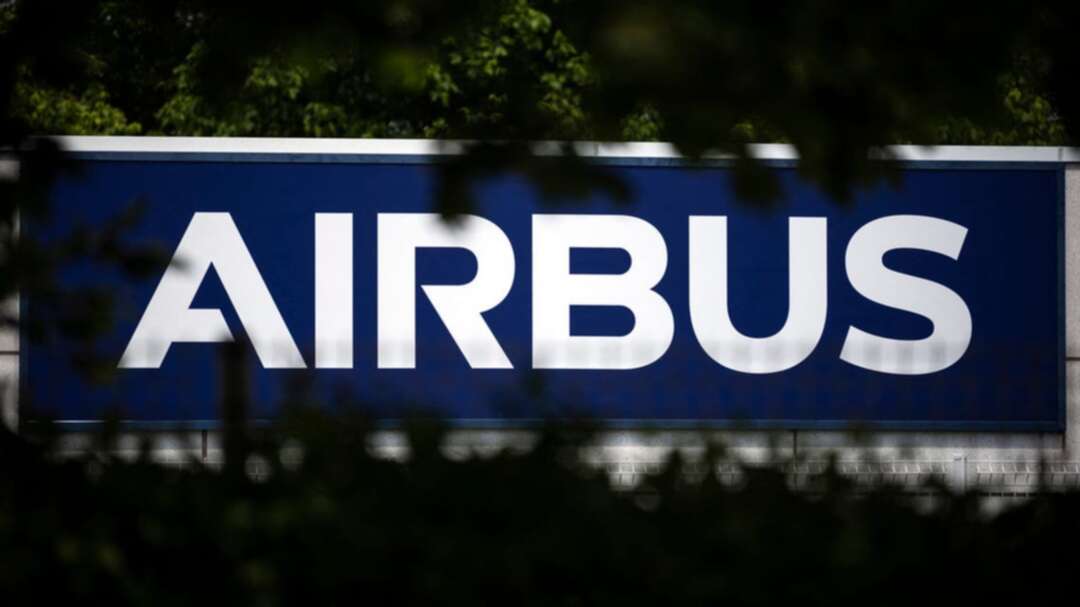-
Airbus releases emissions data as environmental pressures grow

European planemaker Airbus on Friday joined a growing list of companies outlining the environmental impact of their products, as aviation aims to reshape itself after the coronavirus crisis.
Major companies are under increasing pressure from investors and climate change activists to report the emissions that result when customers use their products, known as “Scope 3”.
Airbus says it is the first planemaker to do so.
It says it is driving aerospace toward zero-emission flying with plans for a commercial aircraft powered by hydrogen by 2035, which it reaffirmed on Friday.
But environmentalist groups say that flying itself needs to be curbed to have a meaningful impact on climate change.
Airbus estimated lifetime emissions for jets built in two dramatically different years: 2019, which saw record deliveries on the back of an order boom, and 2020, whose pandemic sent aviation into crisis and forced Airbus to slash output by 40 percent.
For the 863 jets it delivered in 2019, Airbus estimated lifetime emissions of 740 million tons of CO2 equivalent based on an average aircraft lifespan of 22 years. That includes 130 million related to the production of fuel burned in flight.
In 2020, it delivered 566 aircraft with estimated lifetime emissions of 440 million tons, including 80 million for fuel.
 An Airbus A350-1000 takes off during its maiden flight event in Colomiers near Toulouse, Southwestern France, November 24, 2016. (Reuters)
An Airbus A350-1000 takes off during its maiden flight event in Colomiers near Toulouse, Southwestern France, November 24, 2016. (Reuters)Airbus also published carbon intensity data suggesting an “average efficiency” of 66.6 grammes of CO2e per passenger-kilometer in 2019, improving to 63.5g in 2020.
A senior Airbus official said the data included conservative assumptions for synthetic fuels, whose use is expected to grow.
Intensity-based targets measure greenhouse emissions relative to industrial output, meaning absolute emissions can rise even if the headline intensity figure falls.
Aviation produces 2.5 percent of human-induced CO2 emissions and 12 percent of CO2 from transport, the industry says. It has pledged to reduce net carbon emissions to 50 percent of 2005 levels by 2050.
Airbus did not provide data for non-CO2 emissions, which some scientists deem at least as much of a threat as CO2. But it said it was working on initiatives that have been promoted to help address this, including improved air traffic management.
Airbus also reported emissions from its factories, giving a glimpse of a multinational network linked by boats, trucks, barges and huge airlifters.
Its own CO2 emissions decreased by about 20 percent last year amid the pandemic, and Airbus purchased 21 percent less water in Europe. It also produced 25 percent less waste and potentially damaging vapours.
Airbus aims to consume 20 percent less energy and emit 40 percent less CO2 from its more than 70 sites by 2030, compared with 2015.
French jet engine maker Safran on Thursday issued some Scope 3 emissions for business air travel and waste, and pledged to expand this to the use of its engines later in 2021.
source: Reuters
Image source: AFP
Levant
You May Also Like
Popular Posts
Caricature
opinion
Report
ads
Newsletter
Subscribe to our mailing list to get the new updates!






















